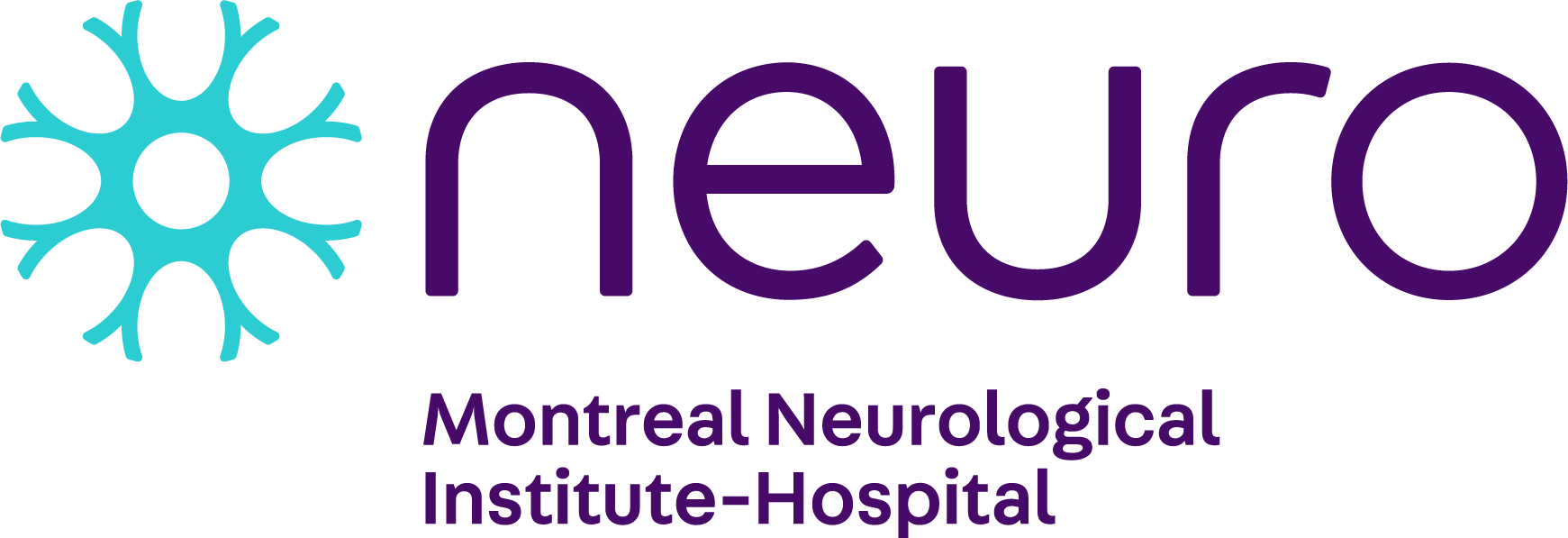Madeleine Sharp, MD

Dr. Madeleine Sharp is a neurologist specializing in movements disorders. Her research focuses on understanding the cognitive mechanisms that underlie cognitive dysfunction in patients with movement disorders. Movement disorders that affect the basal ganglia, such as Parkinson’s and Huntington’s disease, are increasingly recognized as impairing much more than movement. Cognitive and behavioral symptoms are very common in these patients but remain poorly understood and difficult to treat. Her lab’s research aims to relate what we know about the role of the basal ganglia in healthy cognition to patients’ common cognitive symptoms such as executive dysfunction, difficulty in multi-tasking and apathy. Examples of current projects include examining the role of the basal ganglia in orienting learning and memory towards motivationally significant goals, and examining the role of disturbed sleep in long-term memory in Parkinson’s patients. Her research combines behavioral experiments, pharmacological manipulations and neuroimaging in patients and healthy populations. Ultimately, the goal is to develop more precise models of cognitive dysfunction in patients, grounded in neurobiology, in order to develop and to reliably test novel behavioral and pharmacologic therapies.
Dr. Sharp holds an undergraduate degree from Queen's University and a medical degree from ƽ���岻��. She completed a postdoctoral position at Columbia University where she conducted research on clinical movement disorders. At the Neuro, her work has led her to collaborate with Columbia University's Huntington's Disease Research Group and��neurologists at the University of Montreal.
Sharp ME, Foerde K, Daw ND, Shohamy D. Dopamine selectively remediates “model-based” reward learning: a computational approach. Brain 2016;139:355-64.
Sharp ME, Caccappolo E, Mejia-Santana H et al. The relationship between Obsessive-Compulsive symptoms and PARKIN genotype: The CORE-PD study. Movement Disorders 2014:29;566-8.
Sharp ME, Visnawathan J, McKeown M, Cresswell S, Stoessl AJ, Barton JJS. Decisions under risk in Parkinson’s disease: evaluating probability and magnitude for gain and loss. Neuropsychologia 2013;51:2679-89.
Sharp ME, Viswanathan J, Lanyon LJ, Barton JJS. Sensitivity and bias in decision-making under risk: evaluating the perception of reward and its value. PLoS One 2012;7:e33460.
Sharp ME, Alcalay RN. (2015) Genetics and Cognition in Parkinson’s Disease and Parkinson’s Disease Dementia. Chapter in: AI. Troster (Ed.) Clinical Neuropsychology and Cognitive Neurology of Parkinson’s Disease and Other Movement Disorders. Oxford University Press.
Sharp ME, Mazzoni P. (2014) What is the best initial treatment in Parkinson’s disease? Journal of the Royal College of Physicians of Edinburgh 2014;44:291-2.
Sharp ME, Marder KS, Clark LN, Vonsattel JP, Alcalay RN. (2013) Parkinson’s disease with Lewy bodies associated with a heterozygous PARKIN dosage mutation. Movement Disorders 2013; 29:566-8




